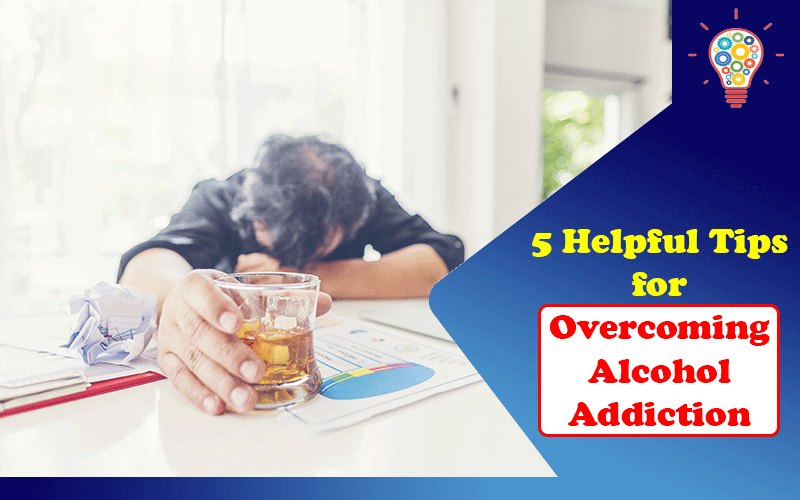Alcohol addiction is harmful to your health, life, and relationships with other people. Often, people with alcohol addictions live in a state of denial.
In fact, denial is a major symptom of alcoholism.
The person addicted to alcohol may place their reason for drinking on others, hide their drinking habits, or even dismiss the fact that they drink at all.
The first step in overcoming alcohol addiction is accepting that you have an addiction. Even after conquering denial, you may still make excuses and dread seeking treatment.
Does this sound like you? If so, you’re not alone. Keep reading for four helpful tips on overcoming alcohol addiction.
Table of Contents
1. Put a Plan in Place
Making plans for any kind of long journey helps you stay focused on the goal at hand. In this case, make a plan to overcome your alcohol addiction is majorly beneficial.
When you have a plan in place, you have the opportunity to answer questions like:
- Who can I seek support from if I’m feeling the urge to drink?
- What coping strategies work best for my recovery, and which ones should I avoid?
- What types of situations make me feel like I need or want to drink? How can I avoid them?
Plans are extremely helpful during times when your alcohol addiction recovery gets rough. Thoughts of relapsing or putting yourself into dangerous situations may arise, but having a plan provides structure to your healing process.
2. Know the Withdrawal Symptoms
When the time comes for you to stop drinking, you may experience withdrawal symptoms. Following are few of the most common ones you should know:
- Feeling anxious, nervous, or depressed
- Irritability
- Feeling exhausted
- Not being able to focus
- Sweating
- Pale skin
- Faster heart rate
- Loss of appetite
- Difficulty sleeping or not sleeping at all
- Mood swings
- Shakiness
Understanding these symptoms and sharing them with the people supporting you during your recovery will make for a smooth withdrawal process.
3. Recognize the Relapse Signs
In the beginning stages of recovery, it is difficult to fully know how to quit drinking. This is why you need to recognize the signs of relapsing, which is the act of going back to a certain point after improving.
Sometimes, a relapse can just sneak up on you without warning.
Before you drink another sip of alcohol, relapses present themselves in emotional, mental, and physical forms.
There are critical warning signs that a relapse might be on the horizon. These include:
- Interacting with people who use alcohol
- Engaging in self-destructive behaviors
- Beginning to re-adopt addictive thinking habits
- Thinking less rationally
- Change in attitude
- Loss of structure and control over your life’s activities
4. Consider Seeking Care
If you have accepted your drinking habits for what they are, then you might begin to consider your care options.
Your Google search history may even look like, “detox center near me” or “alcohol addiction treatment”. Sometimes symptoms of denial can creep back in when you feel like you can get professional care for your addiction.
Don’t let that denial win.
Seeking professional care is entirely your decision, but has a lot of long-term benefits. Some addiction treatment centers like the ones that provide drug and alcohol rehab in Delray Beach offer continuing care, which involves matching you with a caregiver that will support you after treatment.
Overcoming Alcohol Addiction
These four tips are just the beginning phases of overcoming alcohol addiction. With a strong team of people you trust to support, love and nurture you during your recovery, you’ll be well on your way to a sober life.
Have a plan in place to visualize your journey, know the signs of relapse and withdrawal, and consider the care options around you.
Educating yourself before making so many changes to your mental, emotional, and physical health will prepare you for becoming clean.
Did you enjoy this article? Read more just like it on our site!

